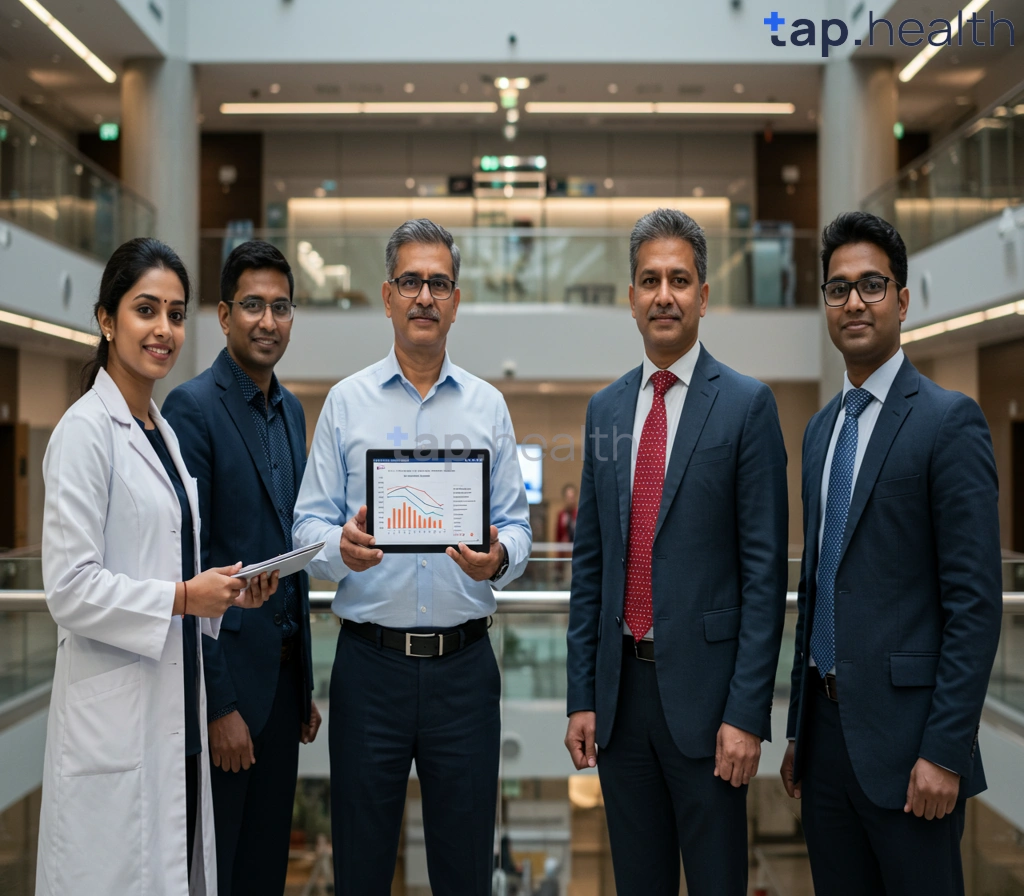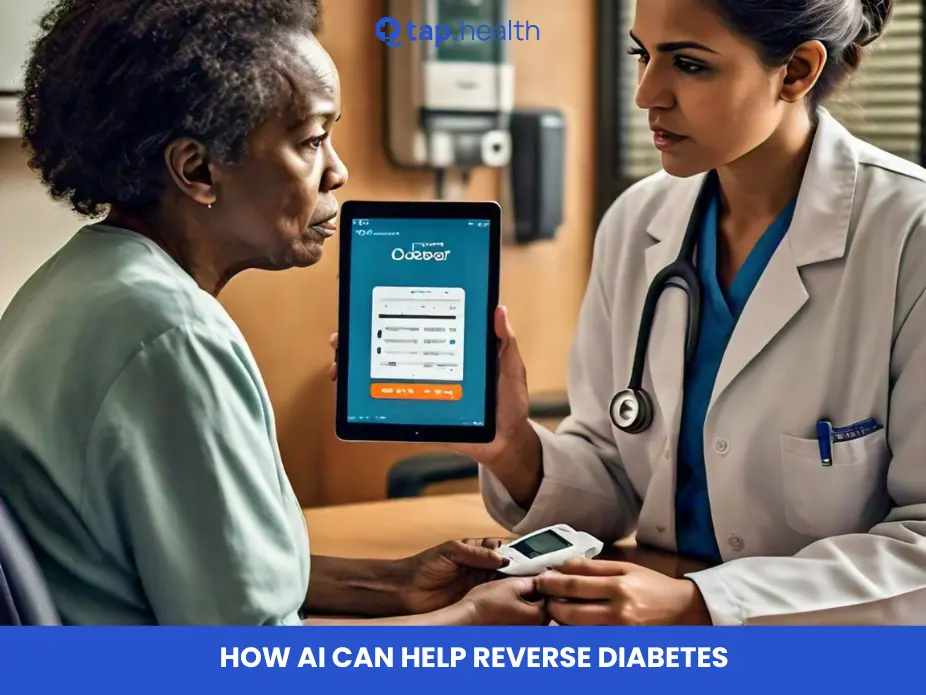Table of Contents
- Revolutionizing Cancer Treatment: Promising Oncology Clinical Trials
- Accelerating Cancer Treatment: New Clinical Trial Discoveries
- What are the Latest Advances in Oncology Clinical Trials?
- A Guide to the Most Promising Cancer Clinical Trials
- Finding the Right Oncology Clinical Trial: A Step-by-Step Guide
- Frequently Asked Questions
- References
The fight against cancer is constantly evolving, and hope is on the horizon. We’re witnessing incredible breakthroughs in oncology, leading to exciting new treatment options. This blog post dives into Accelerating Cancer Treatment: The Latest in Oncology Clinical Trials, exploring the cutting-edge research that’s changing the game for patients. Discover the promising advancements shaping the future of cancer care, from innovative therapies to improved diagnostic tools. Let’s explore together how these clinical trials are bringing us closer to a world where cancer is more treatable than ever before.
Revolutionizing Cancer Treatment: Promising Oncology Clinical Trials
Lifestyle choices significantly impact health outcomes, as evidenced by research showing that up to 80% of Type 2 diabetes cases can be delayed or prevented through lifestyle modifications. This is a crucial insight applicable to overall health, including cancer prevention and treatment success. This underscores the importance of proactive health management alongside advancements in oncology.
Hope on the Horizon: New Clinical Trials in India and Tropical Countries
The field of oncology is rapidly evolving, with numerous clinical trials offering hope for patients in India and other tropical countries. These trials explore innovative therapies, targeting specific cancer types prevalent in these regions. Immunotherapy, targeted therapy, and advanced radiation techniques are showing significant promise, offering improved outcomes and potentially reducing side effects. Access to these trials is crucial in bridging the gap in healthcare accessibility and ensuring equitable treatment opportunities. The use of advanced technologies, such as those discussed in AI in Healthcare: Revolutionizing the Medical Sector, is also improving treatment outcomes.
Navigating the Landscape of Clinical Trials
Finding the right clinical trial can be challenging. Patients should consult with their oncologists to discuss eligibility and suitability for specific trials. Several organizations in India and other tropical countries actively support patient access to clinical trials, providing crucial guidance and support throughout the process. Understanding your options and actively engaging in your treatment plan is crucial to achieving the best possible outcome. For a better understanding of treatment options, you might find Which Isotope is Used for Treatment of Cancer? Key Insights helpful.
Taking Control of Your Health
Early detection and proactive healthcare management are critical. Beyond participating in clinical trials, focusing on lifestyle choices like diet, exercise, and stress management can complement treatment and enhance overall well-being. Remember, your health is your responsibility, and by actively engaging in your care and seeking information about cutting-edge treatments, you can significantly impact your cancer journey.
Accelerating Cancer Treatment: New Clinical Trial Discoveries
Early diagnosis is crucial in combating life-threatening diseases. This is starkly illustrated by the fact that 50% of diabetes cases worldwide remain undiagnosed, according to the International Diabetes Federation. This highlights the urgent need for improved access to screening and early intervention, a challenge mirrored in the fight against cancer. Similarly, early detection of cancers prevalent in India and tropical countries is paramount for effective treatment. For more on how technology is improving diabetes management, see our article on How Can New Technological Advances Improve Diabetes Lifestyle?.
Promising Advances in Oncology
Recent clinical trials are yielding exciting breakthroughs in cancer treatment, particularly in areas such as immunotherapy and targeted therapies. These innovative approaches offer hope for improved outcomes and increased survival rates, especially for cancers common in India and tropical regions like liver cancer, cervical cancer, and certain types of leukemia. Researchers are focusing on developing treatments that are more effective, less toxic, and more accessible to patients in these regions.
Regional Considerations and Access to Trials
While advancements are significant, accessibility remains a challenge. Many clinical trials are concentrated in developed nations, leaving patients in India and tropical countries with limited access to cutting-edge treatments. Increased investment in research infrastructure and collaborative efforts between international organizations and local healthcare providers are essential to bridge this gap. Understanding certain blood markers, such as the ESR level, can be important in cancer diagnosis and monitoring. Learn more about this in our article, What is the ESR Level in Cancer Patients?.
Taking Action: Finding Relevant Clinical Trials
It is crucial for individuals in India and tropical countries to actively seek information about relevant clinical trials. Connect with oncologists and healthcare professionals to explore potential participation in studies that align with your specific needs and cancer type. Early involvement in clinical trials can offer access to potentially life-saving therapies and contribute to the advancement of cancer research for the benefit of future generations.
What are the Latest Advances in Oncology Clinical Trials?
The rising incidence of youth-onset diabetes in India, increasing by 4% annually, particularly in urban areas, highlights the urgent need for advancements in healthcare, including oncology. This underscores the importance of staying informed about the latest breakthroughs in cancer treatment. While not directly related to diabetes, the increasing prevalence of chronic diseases emphasizes the importance of proactive healthcare strategies, including participation in clinical trials.
Immunotherapy and Targeted Therapies
Recent advances in oncology clinical trials are focusing on immunotherapy and targeted therapies. Immunotherapy harnesses the power of the body’s own immune system to fight cancer cells, showing promising results in various cancers prevalent in India and tropical countries. Targeted therapies, on the other hand, focus on specific molecules within cancer cells, minimizing harm to healthy tissues. These treatments offer a more personalized approach to cancer care, adapting to the unique genetic profile of each patient.
Early Detection and Prevention
Early detection remains crucial in improving cancer outcomes. Advances in screening technologies and diagnostic tools are constantly being evaluated in clinical trials, aiming to detect cancers at earlier, more treatable stages. This is particularly vital in regions with limited access to advanced healthcare, such as many parts of India and other tropical nations. Increased awareness and improved access to screening are essential components of progress in this area.
Access to Clinical Trials in India and Tropical Countries
Access to cutting-edge oncology clinical trials is improving in India and other tropical countries, although challenges remain. Increased participation in these trials is vital to ensuring that advancements in cancer treatment benefit diverse populations globally. It is crucial for individuals to actively seek information about available trials and discuss participation with their oncologists. This proactive approach can lead to improved treatment outcomes and contribute to vital research. For more information on various medical conditions and health news, you can visit Health Blog, Medical News & Medical Conditions Blog. Understanding specific cancers, such as pancreatic cancer, is also crucial. To learn more about the curability of pancreatic cancer, you can read Is Pancreatic Cancer Curable? Expert Insights.
A Guide to the Most Promising Cancer Clinical Trials
The fight against cancer is constantly evolving, with groundbreaking advancements emerging from ongoing clinical trials. Understanding these trials is crucial, particularly in regions like India and other tropical countries where access to cutting-edge treatments can be limited. While research shows a concerning link between gestational diabetes and the later development of Type 2 diabetes—children born to mothers with gestational diabetes are 7 times more likely to develop Type 2 diabetes later in life— similar epidemiological studies are needed to better understand cancer risk factors within these specific populations. This highlights the importance of local participation in global clinical trials.
Finding Relevant Trials in India and Tropical Countries
Navigating the world of cancer clinical trials can feel overwhelming. However, several resources can help you identify relevant studies in your region. Look for trials focusing on cancers prevalent in tropical climates and those tailored to specific ethnicities. Many international organizations and hospitals actively recruit participants from these regions. Online databases, such as those maintained by the National Institutes of Health (NIH) and other global health organizations, are invaluable tools.
Understanding Trial Participation
Before participating, it’s crucial to understand the trial’s goals, potential risks and benefits, and the commitment involved. Discuss your options with your oncologist to determine if a clinical trial is the right choice for your specific situation. Remember, clinical trials are not only about receiving treatment; they play a vital role in advancing cancer research and improving future treatments for others. Early detection is key, so learning about Signs and Symptoms of Cancer in Men and Women can be crucial.
Taking Action: Find a Trial Near You
Don’t hesitate to actively search for relevant cancer clinical trials. Contact your oncologist or local cancer centers to explore available options in your area. Your participation could significantly contribute to the global fight against cancer and potentially improve your own health outcomes. Early engagement is key to accessing the latest advancements in oncology. For more information on diagnostic tests, you might find our article on Can FNAC Test Detect Cancer? helpful.
Finding the Right Oncology Clinical Trial: A Step-by-Step Guide
Understanding Your Needs
The journey through cancer treatment can feel overwhelming. Finding the right clinical trial is crucial, especially in regions like India and other tropical countries where access to advanced treatments can be limited. Early diagnosis and intervention are paramount, particularly given the high incidence of early-onset diseases such as diabetes in this region, often diagnosed between ages 25-40. This underscores the need for proactive healthcare and access to cutting-edge cancer research.
Researching Available Trials
Start by identifying your specific cancer type and stage. Several online databases list ongoing oncology clinical trials globally. Look for trials focusing on your specific needs and location. Consider factors like the treatment’s side effects, the trial’s duration, and the distance to the treatment center. Prioritize trials with a strong track record and reputable institutions. For example, if you’re dealing with Pancreatic Cancer Symptoms, understanding the symptoms is a crucial first step in seeking treatment.
Consulting with Your Oncologist
This is the most critical step. Your oncologist can assess your eligibility for various trials, considering your overall health and medical history. They can explain the risks and benefits of each trial and help you make an informed decision. Don’t hesitate to ask questions; understanding the trial’s procedures and potential outcomes is essential. Choosing the right doctor is vital for navigating this complex process successfully.
Navigating the Process
Once a suitable trial is identified, carefully review the inclusion and exclusion criteria. You’ll likely need to undergo further examinations to confirm your eligibility. The process may involve paperwork, blood tests, and imaging scans. Remember, this is a collaborative effort, and your oncologist will guide you through each step. Early engagement with medical professionals increases the chances of a successful outcome.
Making Informed Decisions
Finding the right clinical trial requires careful consideration and proactive engagement. By following these steps and consulting with your medical team, you can significantly improve your chances of accessing advanced cancer treatments and improving your overall health outcome within the context of your region’s healthcare landscape. Take control of your health journey and explore the options available to you.
Frequently Asked Questions
Q1. What are oncology clinical trials, and why are they important in India and tropical countries?
Oncology clinical trials test new cancer treatments like immunotherapy and targeted therapies. They’re crucial in India and tropical countries because access to advanced cancer care is often limited.
Q2. What are the benefits of participating in an oncology clinical trial?
Participating in a clinical trial can provide access to potentially life-saving treatments not yet widely available. It also contributes to advancing cancer research, benefiting future patients.
Q3. How can I find out if I’m eligible for a clinical trial, and what is the process?
To find out if you’re eligible, consult with your oncologist. They can assess your situation and help you identify suitable trials. Online databases and support organizations can also assist in finding appropriate trials.
Q4. What are the potential challenges or limitations of participating in a clinical trial?
Clinical trials may involve specific requirements, such as regular visits and tests. The treatment might have side effects, and there’s no guarantee of a positive outcome. However, oncologists will carefully explain the procedures and risks involved.
Q5. Besides clinical trials, what else can improve cancer outcomes in these regions?
Early cancer detection and proactive healthcare management, including lifestyle changes, are vital. Increased investment in research infrastructure and international collaborations are also needed to improve access to advanced treatments.
References
- Electronic Health Records-Based Data-Driven Diabetes Knowledge Unveiling and Risk Prognosis : https://arxiv.org/pdf/2412.03961
- Improving diabetic retinopathy screening using Artificial Intelligence: design, evaluation and before-and-after study of a custom development: https://arxiv.org/pdf/2412.14221



